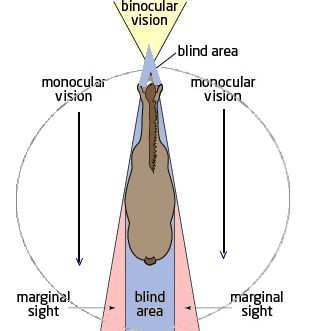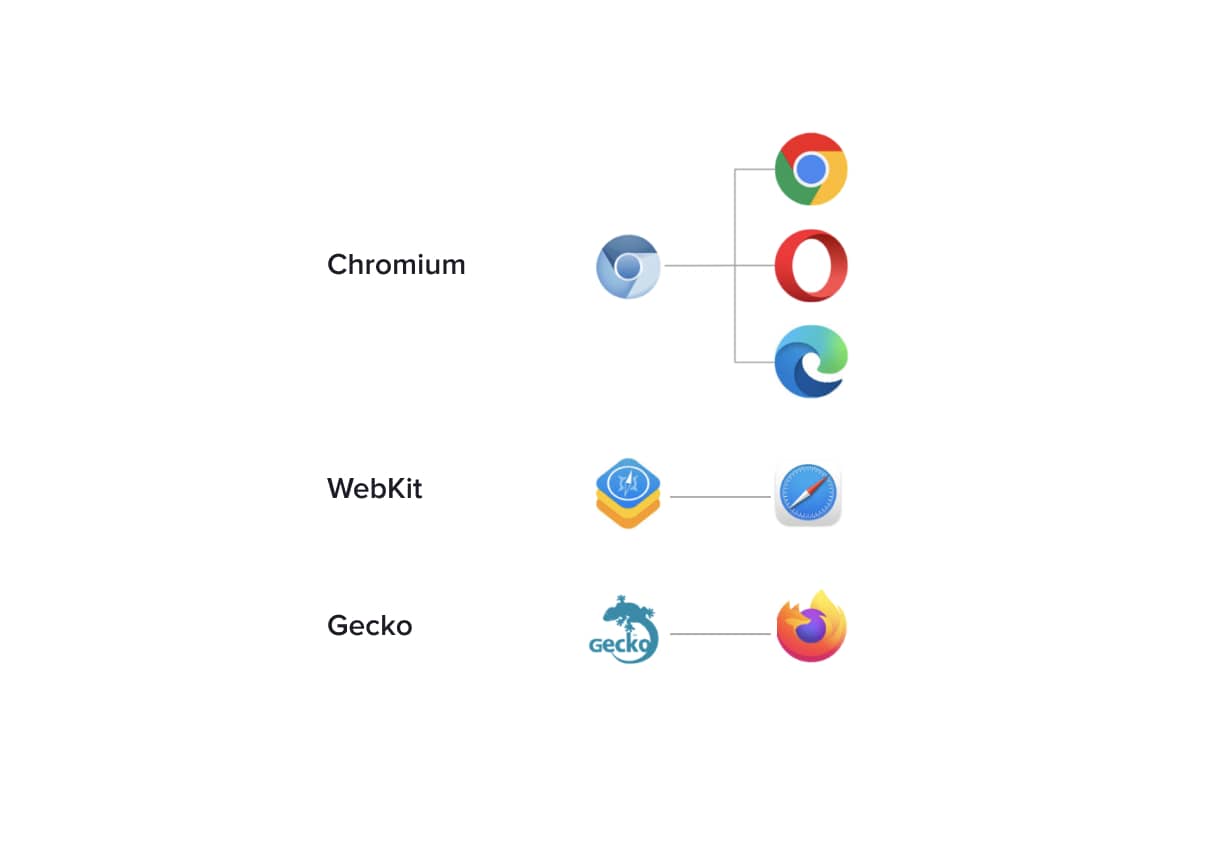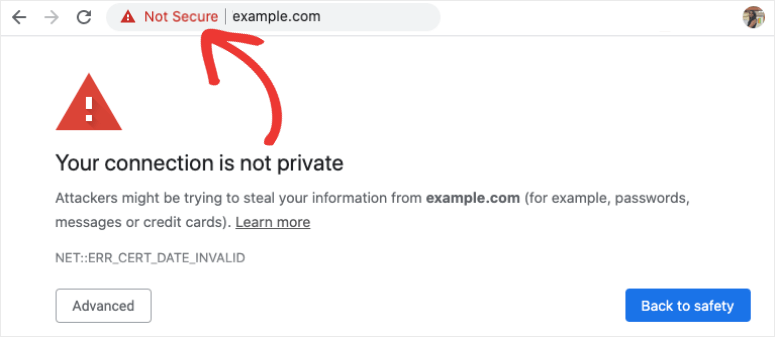

“Good to the last drop!”


“Good to the last drop!”


Believe it or not, I can be concerned about both.
The difference is, the place where I live has some data privacy regulations which actually get enforced, and I have some legal recourse against organizations which mishandle my data. China does not have such regulations and I do not have any recourse against organizations based there, so my risk from them is significantly higher.


Instructions unclear, stuck in previous


The US government system was set up to be better than the monarchies its designers had grown up under. In this sense it has been wildly successful. But… it wasn’t really designed to scale to the size it has, nor to account for the massive changes in technology that have occurred since it was written.
The leaders of the time decided to replace the first attempt only 6 years after it was ratified, and I believe they fully expected any future government to do the same if they found the current system wasn’t working. They did try to make the new system more adaptable by adding the Amendment process, which was frankly genius and unprecedented in government systems prior to that.
I think it’s very important to remember where and when the system we have came from, and to try to think like the people who wrote it, and to remember that at the time they had no other models for successful government beyond the writings of Enlightenment-period historians. It’s very easy to criticize the current system. It’s far more difficult (and substantially more important) to draft a better system.


Greenwashing.


Just don’t walk behind them, or they might try to kick you.
This is really good advice for basically every animal with hooves. They mostly have a blind spot directly behind, like horses:

If you walk up behind them inside that blind spot and then move out to either side and suddenly appear in their vision, they’ll react defensively, usually by trying to kick you with their hind legs.
Basically if you can’t see the animal’s eyes then assume it can’t see you, and stay out of kicking range.


Or just reinstalls it in the next update.


I’m having trouble understanding your point. What is the “quiet part”? That representatives from a foreign government visited Taipei?


Mozilla is the primary developer of the Gecko web engine which Firefox uses. Open source or no, web engines are complicated things to develop and maintain. Even Microsoft gave up and just started using Chromium.
Would it continue to work without a significant organization dedicated to maintaining it? Sure, probably, for awhile. Would it continue to be safe to use for things like finances? No.
Is there any point to switching web browsers to one that is based on the same engine? Not really, no, the browser application is basically just a wrapper for the engine… a skin, a theme, like having an SUV shell vs a pickup shell on the same frame and drivetrain.


it’s easy as fuck to change browsers these days
Is it? Switch to what, exactly?



I’ll take “what is reductivism?” for $400, Alex.


But have you broken all ten of the commandments? gotta get those numbers up.
You’re welcome. I tried to do basically the same thing a few years back (run a WordPress site from a RPi on my home network - and also a Minecraft server) and so I tried to write up the problems I ran into - I probably forgot some, but those are the major hurdles. I learned a lot along the way.
I should also point out that if you rent hosting space (from linode or inmotion or digitalocean or many other options) then problems 1 & 4 become much easier, and 2 & 3 go away entirely (most people don’t host public websites on their home networks because of these and other issues).
Happy to help. If you’re interested in learning networking more thoroughly, I want to point you to Professor Messer especially the Network+ content. He has far more complete explanations than I could write (and it’s free!). Even if you’re not interested in getting any certs, the explanations will be helpful.
So your goal is to host a publicly accessible static website from a computer in your home. There are a few problems you need to overcome before even worrying about configuring any software. You need some more basic networking knowledge first.
Basic Networking Theory - you should read a brief explanation of the OSI 7-layer network model. You don’t have to try to memorize this and you won’t really understand it until you start actually doing stuff, but you should read it for some basic terminology and to understand that there are distinct steps through which communication between computers happens.
When you start running into problems (“why can’t I access the server? I did all the tutorial steps”), figuring out which layer the problem is in will help guide you to the solution:
Privacy/Security/Safety - don’t host a publicly accessible website from your personal computer. Just don’t. To make this happen you will have to open a hole in your network security that makes your computer accessible from the public internet. Don’t do this on your daily driver computer. Don’t do this with any device that has any files on it that you care about or any access to any personal information. Don’t.
Set up your web server/learning environment on a clean, dedicated system. This could be an old laptop or a Raspberry Pi (an older 3B model will work just fine for this) or whatever cheap computer hardware you have, as long as it can run Linux and has a physical network port (using WiFi will give you extra headaches for getting this working). If you think you might want to expand your projects in the future, you can get a used Dell server for very little money, and add more hard drives as needed. Wipe the hard drive and install Debian or Ubuntu server as a base, there’s lots of resources out there for setting up web services on either.
Restricted Ports - you are most likely on a residential internet connection. Most residential ISPs close ports for security reasons, especially 80. For example, here is Cox’s list of restricted ports. You will need to find your ISP’s equivalent list and understand what you can and can’t do with your connection.
There are workarounds, primarily through port forwarding. You will need admin access to your router to set this up. I recommend that you read that entire article because it probably applies directly to your situation.
Dynamic IP Address - most people still find it easier to work with IPv4 addresses - I won’t go into IPv6 right now, but you should read a little about it just for awareness. Your residential internet most likely has a dynamic IPv4 address, which means you can’t rely on that address staying the same forever (or even until next week), which means that you can’t configure your Cloudflare domain name to point to a single IPv4 address.
Dynamic DNS is the solution for this, and again you’ll need admin access to your router to set it up.
HTTPS/TLS/SSL - if you get through all those issues then you probably have a working website, but now you’re seeing something like this when you try to view it in your browser:

This doesn’t mean that you can’t get to your website - it just means that you can only do it via HTTP and not HTTPS, which the browser is warning you (and anyone else trying to view your website) is not secure. You can either just accept that this alert will always come up, and that you have to click through it, or you can learn about TLS and getting an SSL/TLS certificate. This is a later topic - it doesn’t matter and probably won’t make sense until after you’ve got your web server online.


No, I think it’s an invalid comparison. Do you struggle with reading comprehension?
The Laundromat (2019) attempts to describe the human impact of this kind of large-scale money laundering. It’s worth watching.